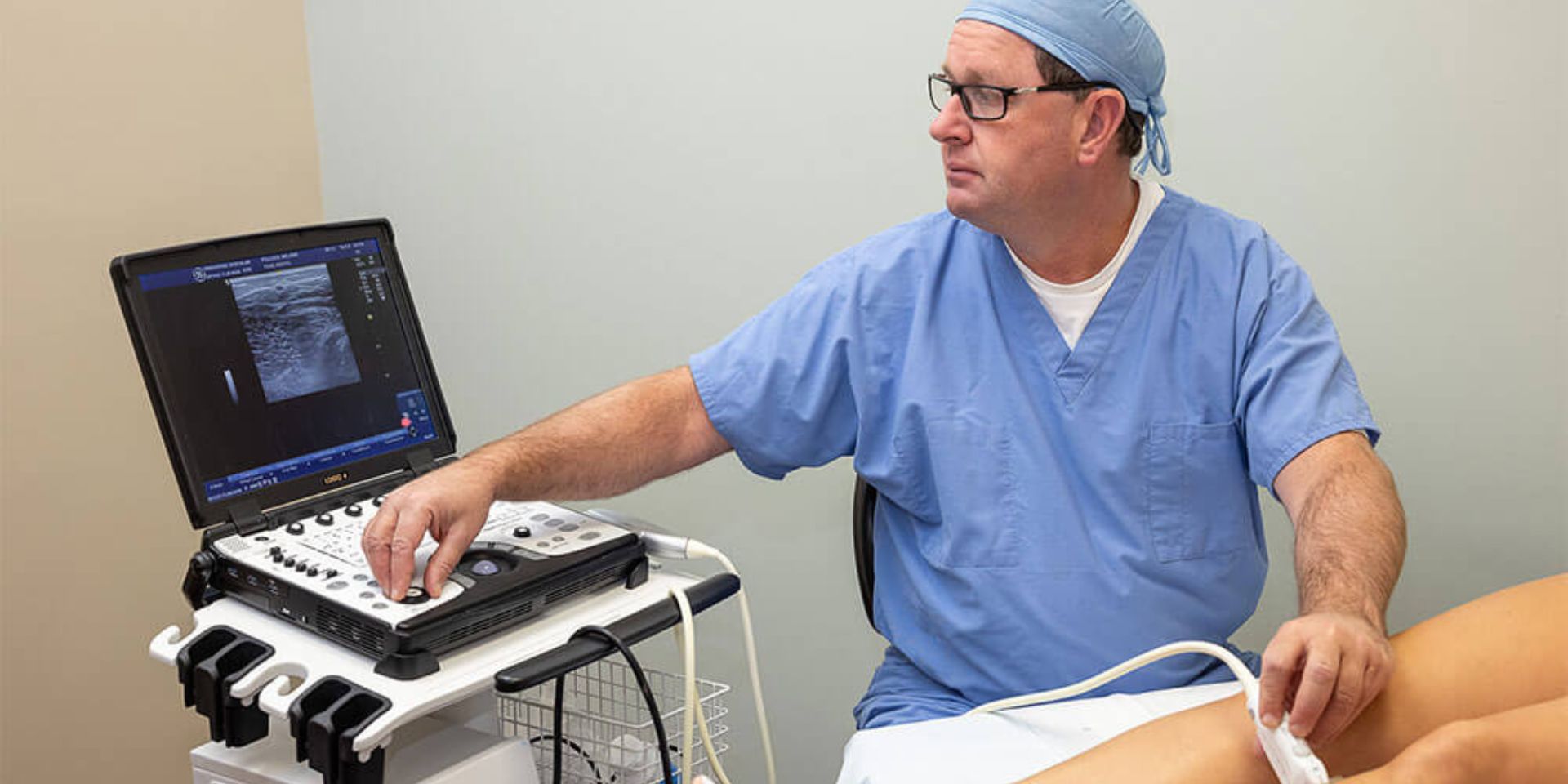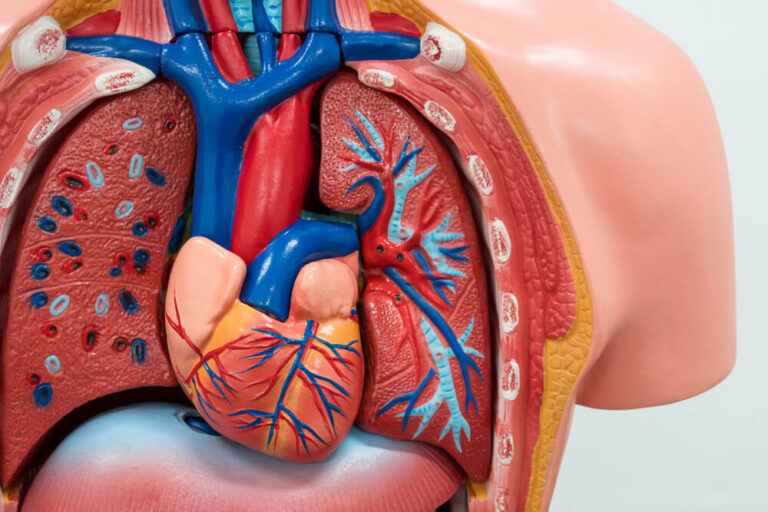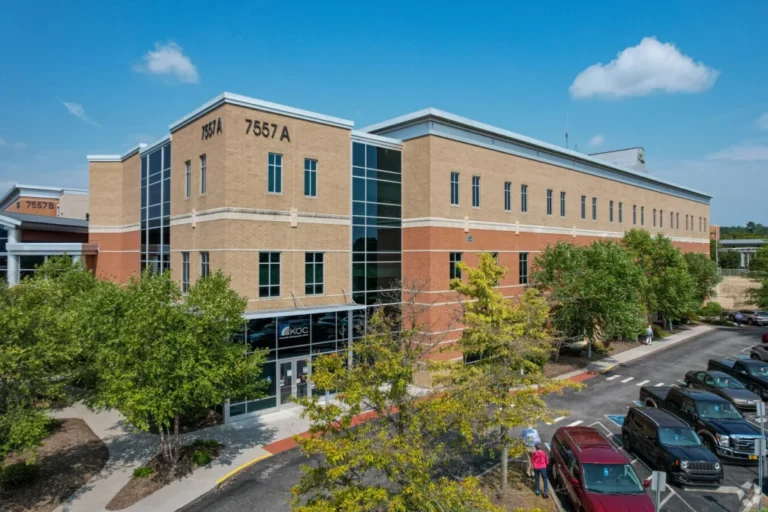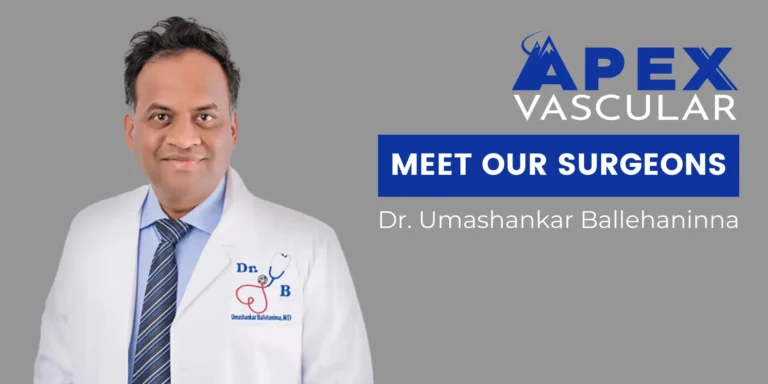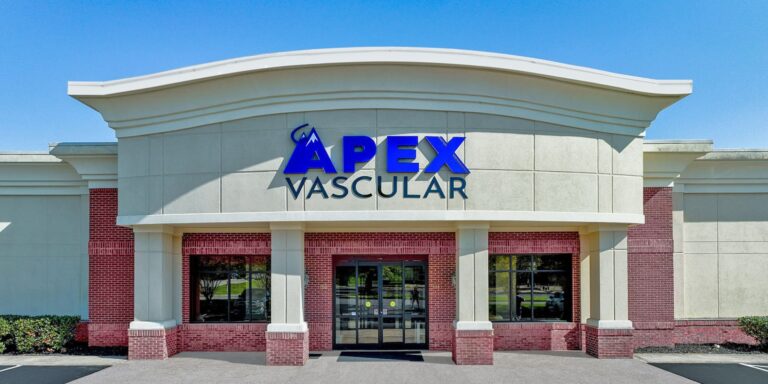Your vascular system is like a complex highway network delivering life-sustaining oxygen and nutrients throughout your body. Vascular surgeons are the critical guardians of these essential pathways, specializing in preventing, diagnosing, and treating conditions that can disrupt your body’s vital blood flow. Their expertise could quite literally save your life.
A vascular doctor specializes in diagnosing and treating blood vessel disorders, excluding the heart and brain. They perform non-invasive tests and procedures like angioplasty for conditions such as peripheral artery disease and varicose veins. Those with risk factors or symptoms should consult their primary care physician for referrals.
What Is a Vascular Doctor?
A vascular surgeon is a medical specialist who focuses on the health of blood vessels throughout the body, excluding those in the heart and brain. Unlike cardiologists who primarily deal with heart conditions, vascular surgeons specialize in diagnosing and treating diseases affecting arteries, veins, and capillaries.
These specialists undergo extensive training, typically completing medical school followed by a residency in general surgery and additional specialized training in vascular surgery. This rigorous preparation equips them to perform a wide range of treatments, from non-invasive procedures to complex surgical procedures, including microvascular options.
Vascular surgeons manage conditions such as:
Their expertise extends beyond advanced vascular surgery, as they also provide ongoing care and management of vascular health through medication, lifestyle modifications, and minimally invasive procedures.
What Does a Vascular Doctor Do?
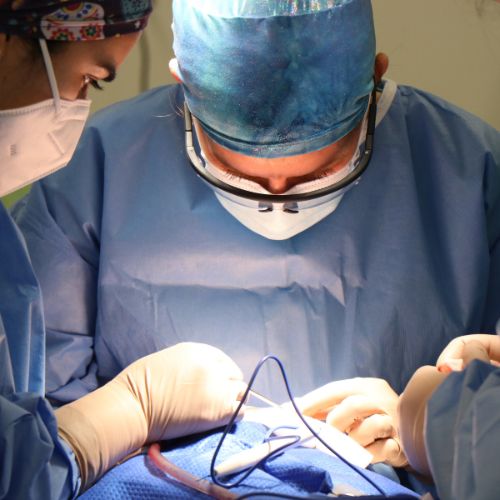
Vascular doctors perform a wide range of procedures to diagnose and treat blood vessel disorders. They conduct non-invasive tests such as ultrasounds, CT scans, MRIs, and free vein screenings to assess your vascular health.
For less severe conditions, they may recommend minimally invasive endovascular procedures like:
- Angioplasty
- Stenting
- Endovascular aneurysm repair (EVAR)
- Embolization
In more complex cases, they perform open surgeries such as bypass grafts, endarterectomies, or aortic aneurysm repairs.
Vascular specialists manage long-term vascular health by developing comprehensive treatment plans. This includes prescribing medications to control risk factors like high cholesterol and monitoring your progress. They also educate patients on lifestyle modifications, including exercise regimens, smoking cessation, and dietary changes to improve vascular health.
Vascular surgeons collaborate closely with other healthcare providers to ensure holistic patient care. They work with cardiologists, neurologists, and primary care physicians to manage complex cases and coordinate treatments. In some instances, they may consult with interventional radiologists or work alongside them in hybrid procedures.
This collaborative approach ensures that you receive comprehensive care that addresses all aspects of your vascular health and related conditions.
Common Vascular Conditions
Vascular surgeons treat a wide range of conditions affecting the blood vessels. Common conditions include:
- Varicose veins, which are enlarged, twisted veins often in the legs, and
- Carotid artery disease, where plaque narrows arteries supplying blood to the brain
- Severe cases of gangrene, where tissue dies due to inadequate blood supply
Treatment options range from medication management to minimally invasive procedures like endovascular aortic repair (EVAR) and more complex surgical interventions such as bypass surgeries. Additionally, these specialists perform unique procedures like genicular artery embolization for knee osteoarthritis.
When to See a Vascular Doctor
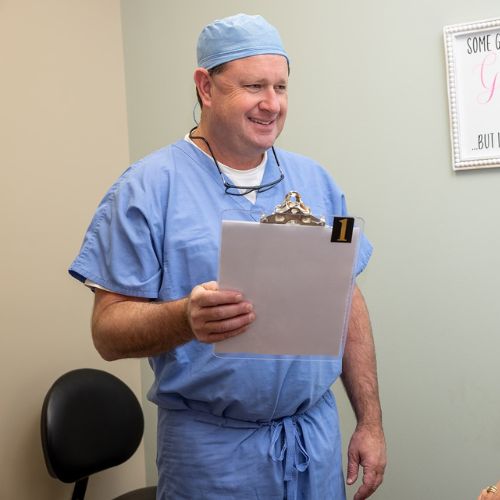
If you’re wondering whether you should see a vascular doctor, consider your risk factors and any symptoms you might be experiencing. Conditions like diabetes, high blood pressure, and smoking can increase your risk for vascular issues.
Pay attention to signs, such as leg pain that occurs while walking but eases with rest, swelling, or discoloration in your legs. Sudden changes in vision, as well as unexplained pain in your abdomen or back, can also be signs that something is wrong. Slow-healing wounds on your legs or feet and numbness or tingling in your extremities are also important to note.
It’s a good idea to talk to your primary care physician if you notice any of these symptoms. They can perform some initial checks and determine if you need a referral to a vascular specialist. Often, they’ll conduct tests like ultrasounds or check the blood pressure in your legs before that. Taking these steps can help ensure you get the right care for your vascular health.
Choose APEX Vascular as Your Vascular Surgeon in Knoxville
APEX Vascular has the best vascular surgeons in Knoxville and across East Tennessee. Our practice is dedicated to providing you with personalized, high-quality care that extends beyond mere medical treatment.
Our exceptional staff has extensive experience in vascular surgery and is constantly at work to elevate patient care standards. We take an interdisciplinary approach to your care, offering comprehensive skills and an unwavering commitment to your well-being.
At APEX Vascular, our team also takes the time to educate you on your various endovascular and surgical options, creating individualized treatment plans tailored to your goals. You can expect to be greeted warmly and treated with dignity and respect throughout their care journey.

Vascular surgeons diagnose and treat venous and arterial disorders, excluding those in the heart and brain. They conduct non-invasive tests and perform procedures like angioplasty and surgeries for conditions such as peripheral artery disease and varicose veins. Patients with risk factors or symptoms should request an appointment at APEX Vascular.
APEX Vascular is a vascular surgery and vein center with locations in Knoxville, Lenoir City, Crossville, Decatur, and Harrogate, TN. We are dedicated to delivering personalized, high-quality care that goes beyond medical treatment. Our exceptional vascular staff, boasting extensive experience in vascular surgery, works tirelessly to elevate the standards of patient care and contribute to your overall well-being. Visit us online or call us at 865-562-3232 to request an appointment today!

